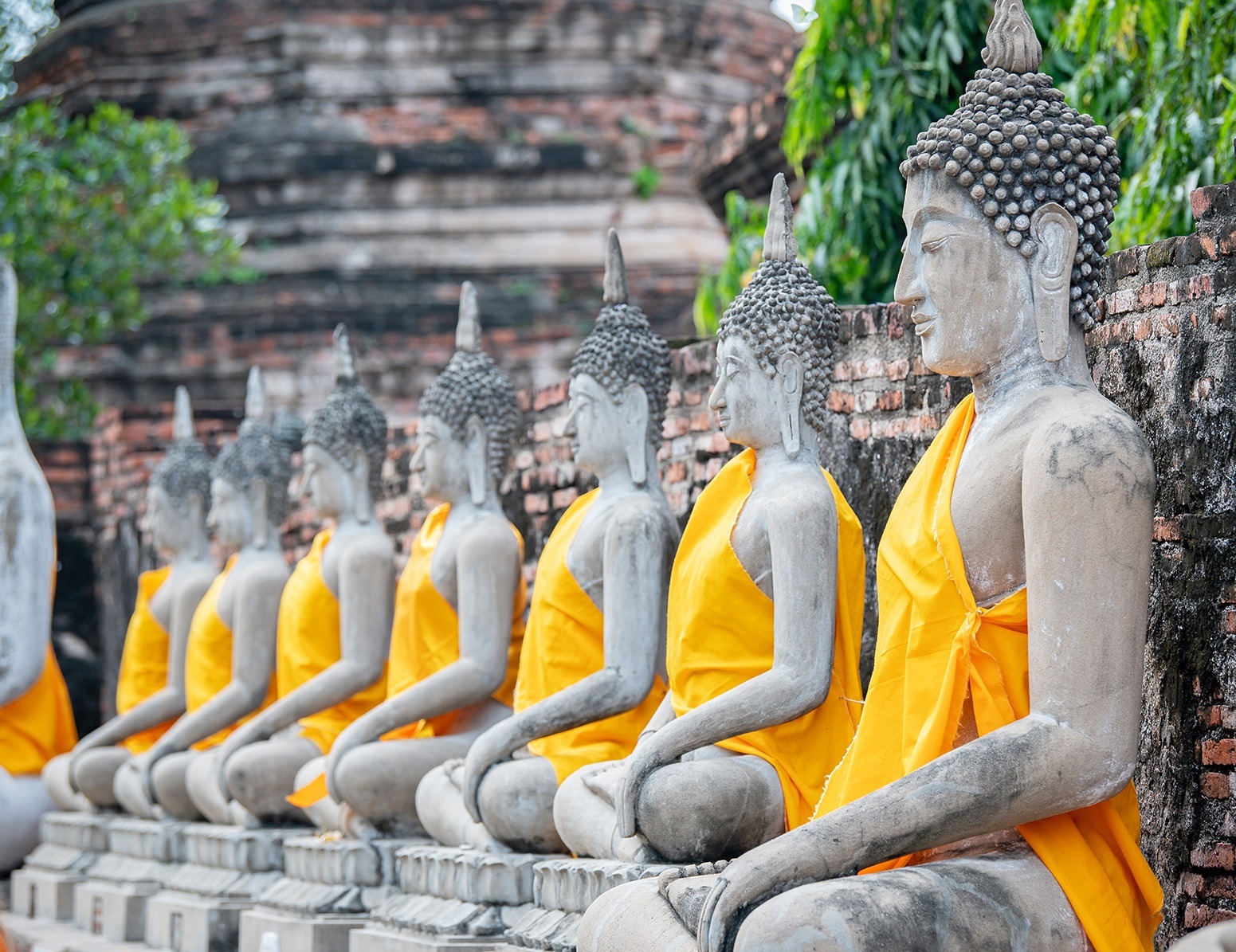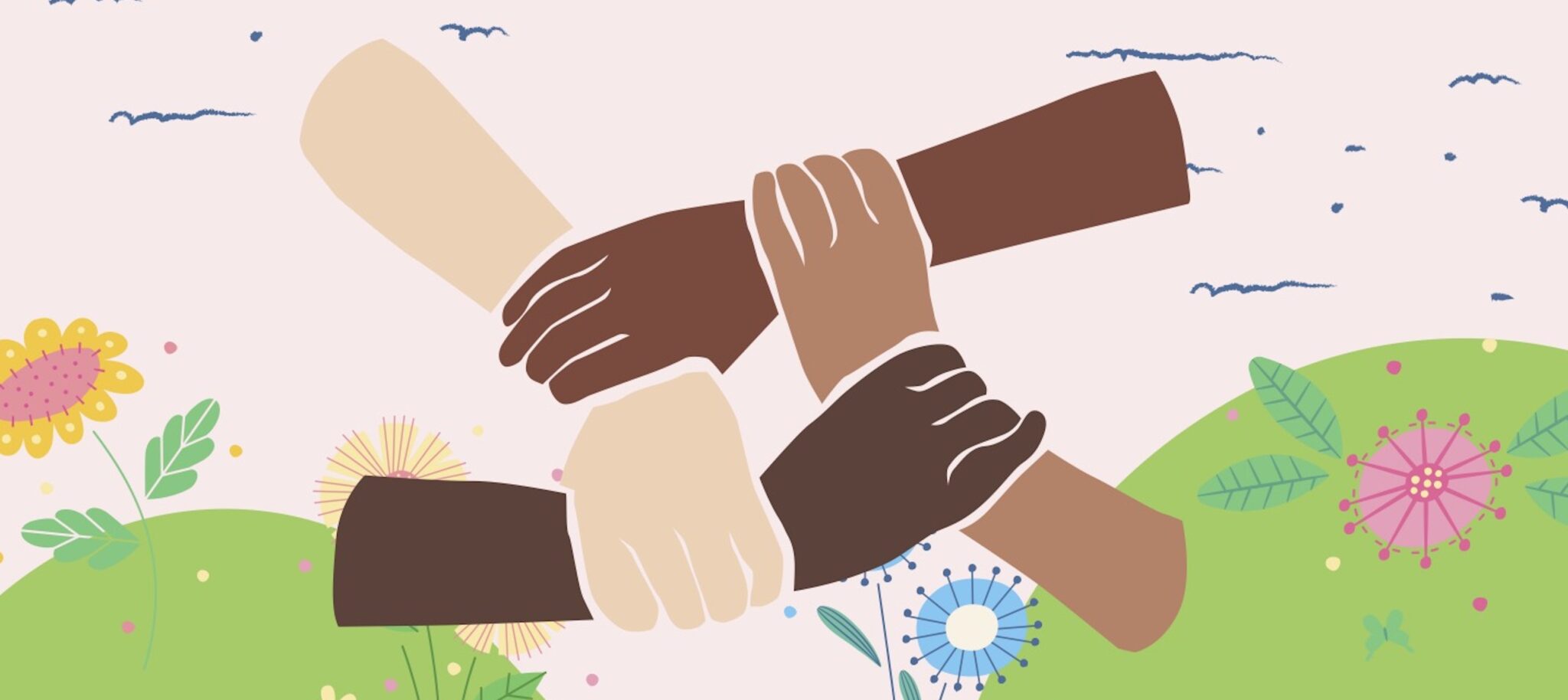A stone’s throw from the southwestern edge of campus sits a squat, nondescript, brown building with a lofty dream: to untangle the science of a meaningful life.
“People often think or assume that we have a really big headquarters where we’re doing fMRI research and have a multimillion-dollar complex with huge scientific equipment,” says Jason Marsh, M.J. ’05, executive director of the Greater Good Science Center, laughing.
Humble digs notwithstanding, the center has exceeded his and the founders’ original vision. Established in 2001, the center was spearheaded by Berkeley alumni donors Thomas and Ruth Ann Hornaday, who initially proposed a “multidisciplinary effort in human relationships.” On the advice of friend and Berkeley political scientist (and former executive vice chancellor and provost) George Breslauer, the couple ultimately embraced the idea of an academic center devoted to promoting peace and goodness in the world.
Since then, the GGSC has published thousands of articles exploring the latest research on the science of sleep, the chemistry of love, and how to talk about race. Current offerings include a free digital magazine and two podcasts, not to mention online courses, live events, and consulting services, which last year alone reached upwards of 11 million people, according to Marsh.
All, of course, in the name of furthering the health and well-being of humanity.
“This is, to me, what Berkeley is about, which is to use scholarship and cutting-edge thinking and science, and to get it out into the world and make the world a little bit better,” says Greater Good founding director and psychology professor Dacher Keltner.
Keltner recalls early conversations with teachers, medical professionals, and social workers who were “hungry” to learn more about such themes as compassion and mindfulness and how to incorporate them into their own personal and professional lives.
Not everyone was sold, however. To skeptics, Keltner recalls, “It just didn’t feel like, you know, academics.”
To combat that wariness, he and his team committed to always sticking “close to the science.” Broad claims, such as that compassion is essential to human survival or that marriages may benefit from shared bank accounts, always rely heavily on peer-reviewed literature.
Marsh sees the center as part of a larger social science inquiry into some of the most essential questions about humanity: what it means to live a good life and how to bring well-being to the self and others. To that end, Marsh, who founded and serves as editor-in-chief of the Greater Good magazine, credits much of their success to taking a more journalistic approach to the subject.
“We are not purporting to offer the definitive answer to any of these questions,” he says. Rather, they focus on gathering and studying the latest research in social science in pursuit of life’s big questions, knowing, he adds, “that those answers might continue to evolve and change and be complicated as new findings emerge.”
Recently, the center has been grappling with what Keltner calls a “fair” criticism of the wellness world. “In the past 20 years, as we’ve tracked the mindfulness movement, the compassion movement, the gratitude movement, there has emerged concern that this is for privileged people, and people of color are not part of the conversation,” he says.
The center is trying to change this. In addition to diversifying its staff and community partnerships, the center has invested in initiatives like Greater Good in Education, which offers to teachers free or reduced-price courses and wellness practices.
But the disparities are deeply rooted, even in the science itself. Much of the existing literature is based on research conducted on participants who are overwhelmingly western, educated, industrialized, rich, and democratic—or “WEIRD,” as the acronym goes. The center is trying to combat this sample bias, Marsh says, by trying “to figure out how can we make a lot of the resources that we produce more culturally responsive, so that the language and the framing feels more inclusive and actually responds to the needs of more diverse communities.”
In light of a global pandemic, increasing political divisions, and looming climate disruptions, understanding and promoting social well-being may be more urgent than ever. And the center is rising to the challenge. Recent years have seen the birth of Bridging Differences, for instance, an initiative designed at getting people to spend more time engaging with ideas and people they disagree with.
Founder Thomas Hornaday says the center’s mission is timeless. “It would have been meaningful in the 19th century and in the 21st century. It’s oriented at helping people have prosocial behavior and be productive citizens.”



















